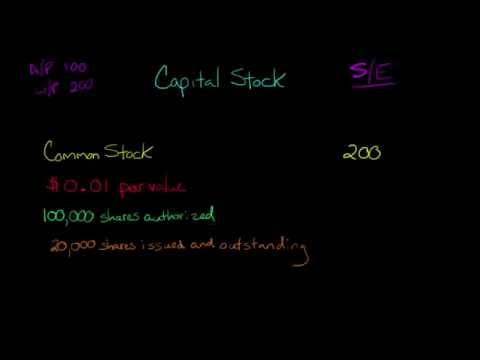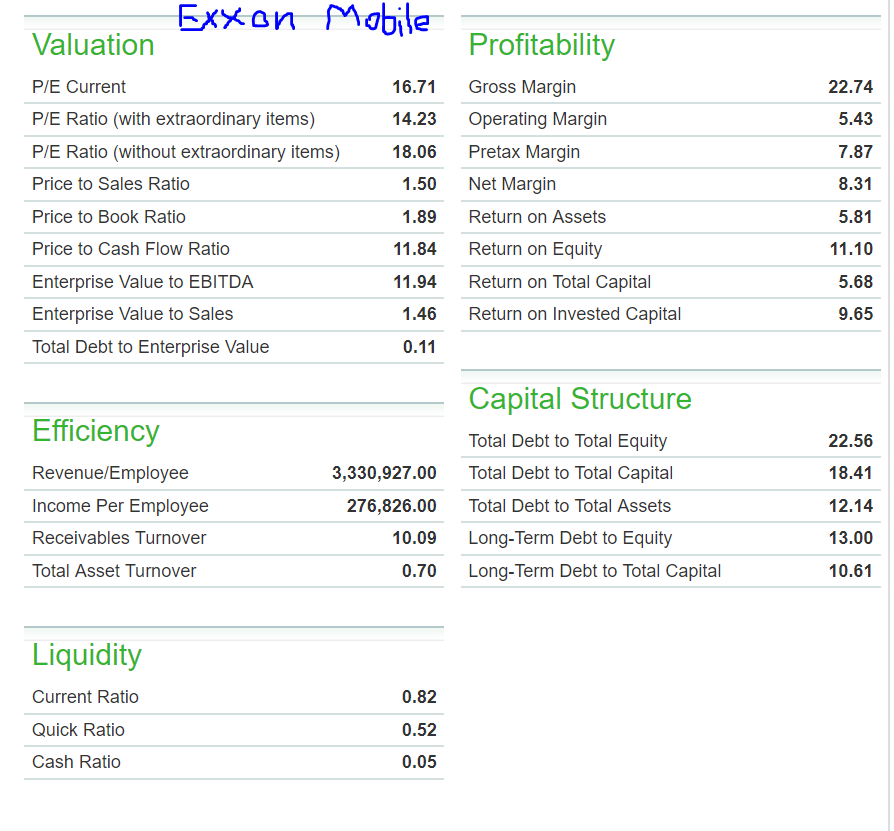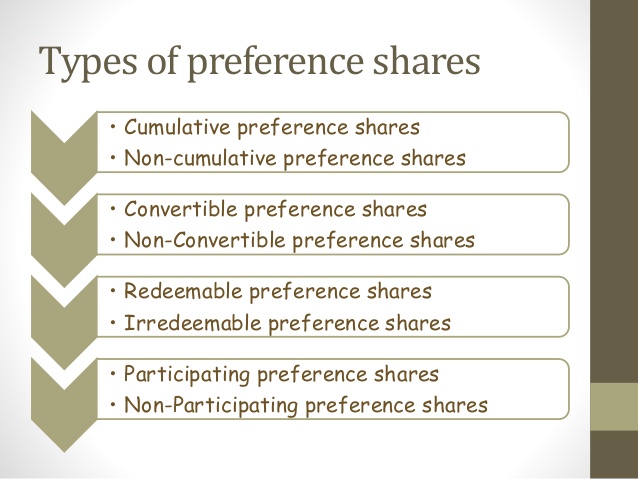

Since profit is an excess of income over expenses, it turns into essential to deliver collectively all revenues and expenses pertaining to a specific period. After closing, the accounting cycle starts over again from the start with a brand new reporting interval. Whether there’s a material impact within the present 12 months or upcoming years a disclosure must be made. This disclosure is normally made within the notes at the finish of the stability sheet. However, this does not imply that such basic accounting ideas should be compulsorily adopted by all organizations. It is totally acceptable if the entity does not observe such assumptions while recording their monetary transactions.

L A business is judged for its capacity to earn profits in future. The commission error is the following error similar to the principle error. The significant difference is that the commission error occurs due to an unintentional oversight. Yes, A company has complete control in choosing its fiscal year provided the norms of IRS are met.
File ITR, invest & save upto ₹46,800 in taxes on the go
There are companies that follow the 52 or 53 weeks fiscal calendar that help with financial tracking and reporting. It is common for these firms to even have monthly accounting periods. An accounting interval is the span of time coated by a set of monetary statements. The cost of an asset is recorded in the books of accounts at a price paid to acquire it and not at the market price.
What is the best example of accounting period concept?
Accounting Period Concept Examples
Every year, a corporation records its transactions from January 1st to December 31st and then closes its books. The billing period, in this case, is one year, from January 1st to December 31st.
In the internal system, the accounting period is considered to be a month or for a quarter while externally the accounting period is for a period of twelve months. The International Financial Reporting Standards allows a 52-week period which is known as the fiscal year, instead of a full year, as the accounting period. These are developed from usage and practices of accounting, which emerge out of accounting practices adopted over a period of time. Accounting bodies change them as per need of their country considering the required quality of Financial Information. Here, if we want to book the value of stock in our accounting record, we need the value of coats and jackets in terms of money.
Accounting Period
These time durations are generally known as accounting durations for which companies prepare their monetary statements to be used by various inner and external events. The time interval assumption facilitates the provision of latest, relevant and reliable monetary information to the relevant parties to make reliable enterprise decisions in a timely manner. The transactions of a enterprise are to be saved separate from those of its homeowners. By doing so, there isn’t a intermingling of private and enterprise transactions in a company’s monetary statements. This annual accounting period imitates a fundamental twelve-month calendar interval. Regular monetary reporting performs an important role within the accounting industry.
The Meta firm supplies companies valuing $2,500 to Beta firm in the course of the first quarter of the year. An accounting period is the period of time covered by a company’s financial statements. For example, a company could have a fiscal year of July 1 through the following June 30. Its quarterly accounting periods would be July 1 through September 30, etc. The periodicity concept states that the entity or the business needs to carry out the accounting for a definite period, usually the financial year. The period for drawing financial statements can vary from monthly to quarterly to annually.
What is an accounting period concept?
An accounting period is any time frame used for financial reporting. Transactions that fall within a given date range form part of the statements or reports for that accounting period. An accounting period, or reporting period, is often 12 months. There may be different accounting periods for various business tasks.
An accounting period is defined as the established time period during which the accounting functions are performed. The functions are aggregated and analyzed in the same calendar or the fiscal year. The accounting period helps us ascertain the correct position of the firm at regular intervals of time, i.e., at the end of each accounting period. It is a very important concept based on the Going Concern Concept. We book the value of assets on the cost basis, not on the net realizable value or market value of the assets based on the assumption that a business unit is a going concern. No doubt, we reduce the value of assets providing depreciation to assets, but we ignore the market value of the assets.
Important Topics in Accounting
The accounting period allows the business owner to see the business from a different perspective. Their continued profitability and other business decisions keep them informed. For business owners, investors, creditors,and government authorities, this information is critical. The fiscal year is an annual period that does not end on December 31. The International Financial Reporting Standards generally allows 52 weeks as the accounting period.
- It is so because the ultimate collectivity of revenue is in doubt.
- S are used to report and analyse data, and accrual accounting methods ensure consistency.
- All transactions or events cannot be expressed in terms of money.
- This concept says break the life of a business into equal pieces and each piece is known as accounting period.
GE-4
Incorporated companies are required to incorporate balance sheets, income statements, and money circulate statements in financial reviews to shareholders and tax and regulatory authorities. A journal entry is usually printed and stored in a binder of accounting transactions, with backup supplies attached that justify the entry. Rupee is the common unit of measurement for transactions or economic events in India, because it is the legal tender and used as a medium of exchange in market transactions. If money is not used as a common unit of measurement it would be impossible to record various types of transactions. A common measuring unit helps to quantify in term of money various types of data for determination of profit or loss and financial position. For example, if a business entity owns a plot of land measuring 500 sq.
The heart of financial accounting is the Double entry system of bookkeeping. Double entry system refers to recording two aspects of the same transaction. The recording of the aspects will be as per the Golden Rules for Accounting. Accounting conventions are the statements of practice or principles which are followed as accepted method or procedures by the enterprises over a period of time. This concept ensures that a specific period is required to see the financial position of a business. And if it is not specified in a period then it will be difficult to compare the financial statement of the different two periods.
ACCOUNTING CONCEPTS
In the business world, there are two kinds of years — a fiscal yr and a calendar yr. According to BusinessDictionary.com, a fiscal yr and monetary year are one in the same. The only difference between the 2 is that people within the U.S. generally use the term “fiscal year” when referring to a business accounting interval. Most standardized accounting organizations have June months-ends, so their 12 months-finish doesn’t interfere with tax season. These organizations will normally issue monetary statements on the end of June in addition to information tax returns mid yr. We can even say that it is the summary of any company that summarizes that business’s financial health.
In the absence of a suitable accounting period, results will vary, making it difficult to identify the company’s financial status at the moment. Based on this concept, revenue expenditure and capital expenditure are segregated. Revenue expenditures are debited to the profit & loss account to ascertain correct profit or loss during a particular accounting period.
The accounting period is usually based on the Gregorian calendar year, which spans twelve months from January 1 to December 31. This natural sequence of months is followed by the accounting period. The accrual method of accounting necessitates the creation of an accounting entry whenever an economic event occurs, regardless of when the monetary part of the event occurs. If the matching principle is not followed, it may not be useful.
Financial statement made for a financial year which 01 april to 31 march. The real explanations for the observed disparities between the periods are not taken into account when comparing two financial periods. This is known as periodicity, and it provides decision-makers, investors, meaning of accounting period concept and banks with a large, consistent sample size from which to make financial health and outlook decisions. This is the most common calendar structure for especially in the retail and manufacturing industries. In the 4–4–5 calendar, a particular year is divided into 4 quarters.

Reporting of all material transactions should be the aim of reporting. Material transactions are those transactions if omitted can alter an investors analysis of the business. The principle has been applied vigorously in the past as a way of dealing with uncertainty. It was also applied to protect creditors against an unwarranted distribution of dividends.
Periodicity concept in Accounting-By this post, we shall study in detail the important periodicity concept out of 12 various accounting concepts on which accounting is based. If you have a business so you need accounting then you should know about these important periodicity concepts. They can also schedule their accounting periods to coincide with times when they want to examine their financial performance in light of specific events that may occur during that time.
What do you mean by accounting period concept?
At the same time, the liability of M/s Independent Trading Company in the form of capital will also increase. It means M/s Independent Trading Company is liable to pay Rs 2,00,000 to Mr. A. Revenue needs to be accounted for only when it is realized, or it has become certain revenue will be realized. However, the actual receipt of cash is not necessary to recognize payment. Rent received Rs, out of which Rs received for the year 2007 Carriage paid Rs. Rent paid Rs, out of which Rs belong to the year 2005 Goods purchased in the year for cash Rs and on credit Rs.
What is accounting period concept grade 11?
Accounting Period Concept: Accounting period is the timeframe at the end of which, the financial statements of a business are prepared, to evaluate its profits and losses, and to learn the status of its assets and liabilities.
Allocating the cost to a particular accounting period is difficult and may be arbitrary. For example, calculation of depreciation to be charged depends on cost of the asset, life of the asset, and scrap value of the asset. Life of the asset and scrap value of the asset cannot be precisely ascertained.
A short tax year, according to the Internal Revenue Service, does not classify as a yearly accounting period. Another golden guideline to remember while using accounting periods is the matching concept. The matching principle is a fundamental accounting theory that governs the usage of accounting periods.
The fiscal year in Vietnam and China is from the 1st Jan to 31st December. In some countries, businesses operating around schools, have their fiscal year from April to March when the schools are closed for summer. Accounting is the process of recording financial transactions of a business. CAs, experts and businesses can get GST ready with ClearTax GST software & certification course.
Further, accounting communicates information, inter alia, to external users for decision making. It is necessary that the financial statements of various enterprises are prepared on a uniform basis so that they can be understood by all. This is possible only when certain principles are followed on a uniform basis while preparing them. In this time frame, a business prepares its own financial statements and reports the financial performance and position of its business to the external or the interested stakeholders. It means, the cash received in a particular accounting period and the expenses paid cash in the same accounting period is the basis of their accounting. For them, the income of their firm depends upon the collection of revenue in cash.
What is accounting period concept grade 11?
Accounting Period Concept: Accounting period is the timeframe at the end of which, the financial statements of a business are prepared, to evaluate its profits and losses, and to learn the status of its assets and liabilities.